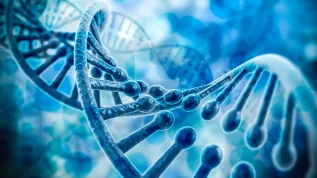-
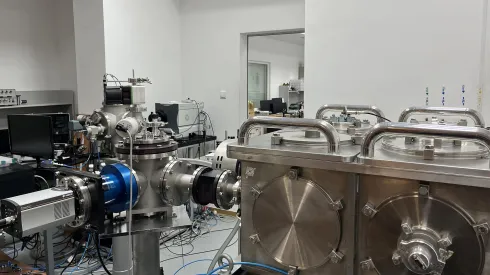
Optical components of GLOWS photometer required precise measurements
Before Poland’s first fully domestic instrument for studying the solar wind—the GLOWS photometer—was launched into space aboard a NASA mission, it underwent years of precision testing in collaboration with the Military University of Technology (MUT).
-
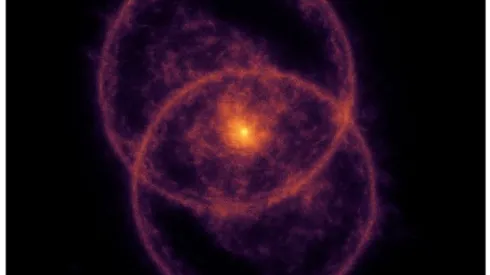
Polish astrophysicists help identify ‘most distant and powerful’ odd radio circle ever observed
Astrophysicists, including scientists from Poland’s National Centre for Nuclear Research (NCBJ), have identified the most distant and most powerful odd radio circle (ORC) known to date — a vast, ring-shaped cloud of magnetised plasma whose image comes from 7 billion years ago.
-
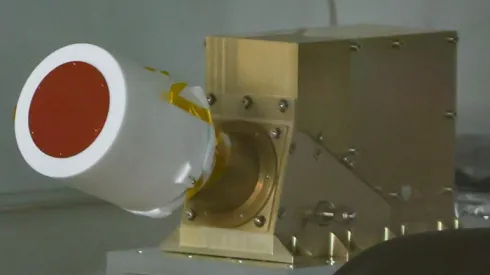
Polish GLOWS instrument sends first signal from NASA’s IMAP space probe
The Polish-built GLOWS instrument, the first entirely Polish device to take part in a NASA mission, has successfully made contact with Earth one week after launch.
-

Poland prepares first suborbital rocket launch carrying kombucha microbes and seeds into space
This fall, the Perun suborbital rocket is set to make history as the first scientific rocket launched from Polish territory.
-
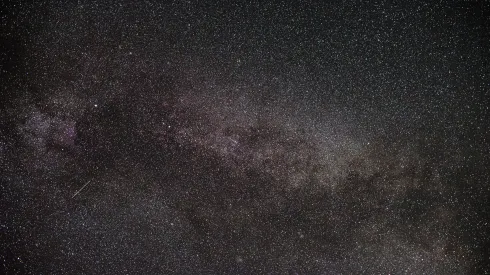
Webb telescope uncovers rare silicon compounds in ancient brown dwarf
An unusual celestial object known as The Accident is helping astronomers solve a decades-old mystery about the missing silicon chemistry of the Solar System’s giant planets.
-
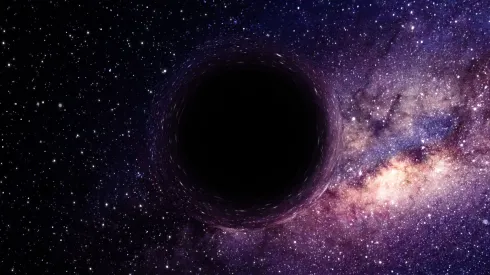
New evidence confirms Hawking's black hole surface area theorem
A decade after humanity first detected the faint ripples of gravitational waves traveling across the cosmos, scientists have confirmed one of Stephen Hawking’s most important theoretical predictions: the total surface area of black holes never decreases.
-

Polish-American team uncovers new details of space turbulence
Scientists from Poland and the United States have identified new mechanisms behind magnetic turbulence in Earth’s space environment, research that could improve understanding of space weather and its impact on satellites and communications.
-
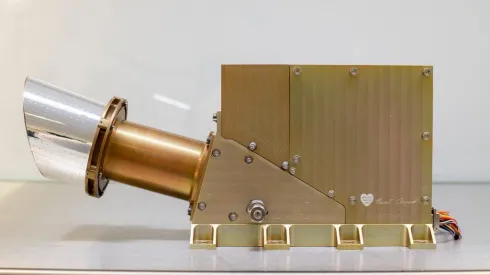
Polish GLOWS instrument to study solar wind on NASA’s IMAP mission
The Polish scientific instrument GLOWS is set to fly toward the Sun aboard a NASA satellite, the Space Research Centre of the Polish Academy of Sciences announced.
-
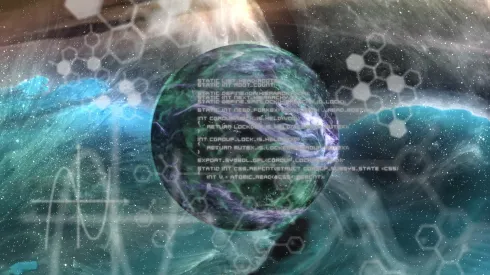
Scientists propose 'liquid salt instead of water’ as basis for extraterrestrial life
A new study published in Proceedings of the National Academy of Sciences (PNAS) suggests that life on other planets could emerge not only in water, but also in a type of solvent known as ionic liquids, or 'liquid salts'.



